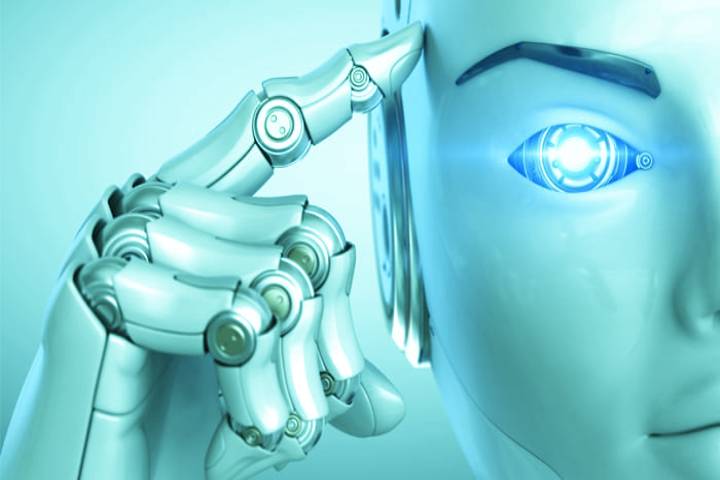Artificial Intelligence Is Changing The Medical Sector For The Better

The world of healthcare is changing, and we owe that to advances in artificial intelligence (AI). These systems, capable of performing tasks that require human intelligence, can process large amounts of data that a human cannot do daily. Also, this technology is designed to learn to perform tasks without being programmed. Its application in the medical field demonstrates its effectiveness, especially in the diagnosis, treatment, provision of care, and very noticeable results.
But exactly, what is artificial intelligence in health? It’s data-driven machine learning that has the technology to pave the way for increased revenue attention. AI is designed to provide automated information to healthcare providers, solve some routine tasks that allow human personnel to deal with true emergencies. AI is intended to allow improvement in health care processes. And some of the most obvious benefits of its application are the following:
Table of Contents
Benefits Of AI In Health And Medicine
Integrating an AI into the healthcare ecosystem will help automate routine tasks, analyze large data sets to provide patients with much faster and lower-cost medical care. It is said that around 30% of costs in the field of health are associated with administrative tasks. The AI can perform these tasks, like insurance pre-authorization, record keeping and invoice tracking, etc.
This would ease the burdens on healthcare professionals and save healthcare centers money. Obtaining information and the rapid ability to process it will undoubtedly help make patient care more efficient. And all this only in health centers. Wearable healthcare technology also uses AI to improve service to patients. For example, some smartwatches can take the user’s heartbeats and prevent possible heart problems.
Health assessment through technology helps alleviate the burden on health professionals since unnecessary visits to hospitals would be avoided. Since AI could make minor diagnosis to patients from the comfort of their homes. However, in a future powered by AI, where this technology handles all our data, we cannot help but wonder:
What Will Our Privacy Be Like In The Future
The nature of artificial intelligence makes our data less secure. This is because the companies developing this technology collect even more information about us through AI. It should be noted that if it is an AI in health, it will be collecting even more sensitive data inherent in our lives.
In recent years AI technology has become very popular. It is in our homes through voice assistants and home automation. We also give you access to our locations in real-time through our smartphones and let you know when we buy, what we buy, who we share with, etc.
This means that for AI to work, it needs our personal information. Information that we give in exchange for a more comfortable quality of life. This brings us to the problem of privacy, as data is considered a valuable resource globally, and there are many willing to get it at all costs. We can limit the amount of information we give to this Artificial Intelligence with a few methods to protect our personal information. But could AI still work?
Artificial Intelligence Encryption
The world of technology has always been involved in the most egregious cyberattacks. In recent years, companies have suffered ransomware attacks where they hijack confidential data in exchange for money. There are no guarantees that AI-powered medical centers that collect large amounts of data will not be attacked. That is why cybersecurity becomes a necessity for this area as well.
Encryption technology makes it possible to defend and protect personal data from hackers. But this technology can also hide data from AI since the data must be decrypted for it to work. For companies that design Artificial Intelligence technology, encryption would take a back seat. By 2025, AI technology is expected to hit one of its biggest spikes around the world. And many of the corporations that promote them will not prioritize data security over the financial interests involved in AI. So we have to protect ourselves for the moment. How do we do it? Next, we will talk about it.
Also Read: How Quantum Computing Can Speed Up Data Analysis In Healthcare
VPN Software Is The Most Secure Encryption Technology
Virtual private networks allow the anonymity of our identity online and hide our location and protect the information that we receive or send through the internet. The value of these programs for data protection is priceless. So to protect ourselves from cyberattacks and an AI-powered future where our data would be at the mercy of everyone, the use of the VPN becomes crucial.
